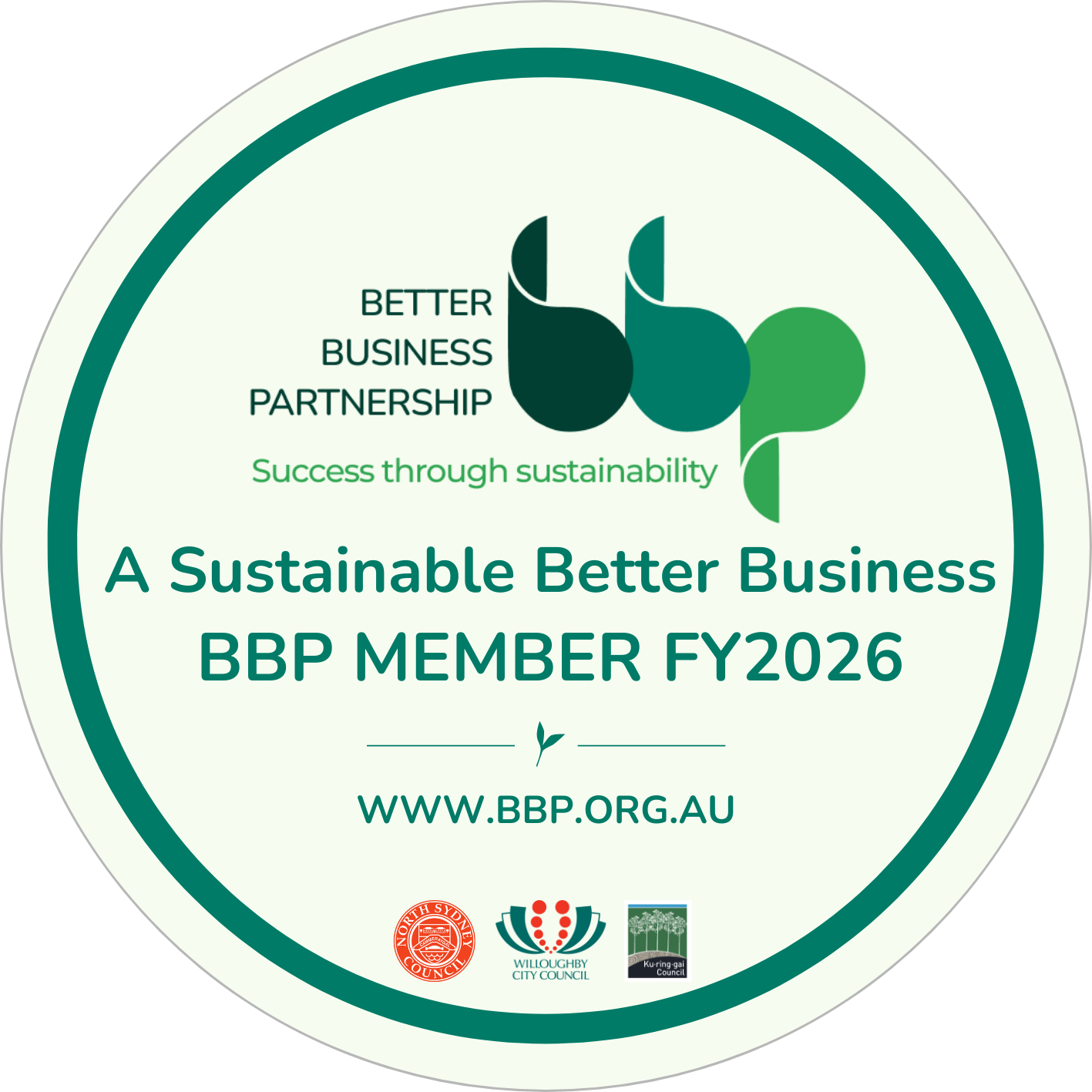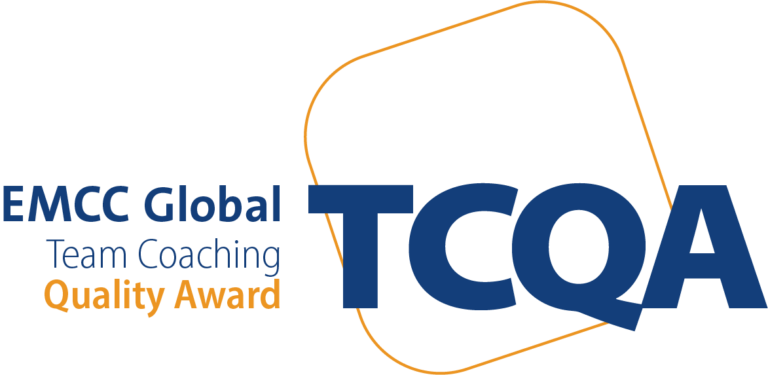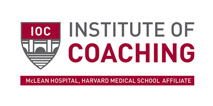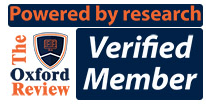Don’t be a burnout statistic – it’s time to renew
Published: Dec 03, 2018

The topic of wellbeing at work has been gaining momentum around the world for quite some time now. Indeed, a new policy document has been published by the Australian government to assist organisations proactively achieve wellbeing in the workplace for their employees, as reported in the September edition of the Coaching for Growth newsletter.
There is an abundant amount of information currently available on wellness/wellbeing programs, offered by medical professionals, psychologists and coaches. Many large organisations offer such programs freely to their employees, including one-on-one coaching (ProVeritas Group has been involved with such programs for large Australian banks).
Notwithstanding these initiatives, employee burnout continues to escalate at alarming rates, with an estimated $125 billion - $190 billion in health-care spending each year and has been attributed to type 2 diabetes, coronary heart disease, gastrointestinal issues, high cholesterol and even death for those under the age of 45.
Understanding what goes on in or bodies when under extreme and sustained stress (just like many leaders now experience within today’s VUCA workplace) helps develop a deeper appreciation of the devastating consequences. More importantly, it informs scientists and coaches on the best measures to be taken to restore afflicted clients and ideally, avoid getting there all together. It was therefore enriching to glean additional scientific information from various presenters at the recent 2018 Coaching in Leadership and Healthcare Conference in Boston, organised by the Harvard McClean Medical School Institute of Coaching.
The right renewal cycles
Richard Boyatzis’ keynote brought it all together, reinforcing the theoretical foundations taught in the Masters of Coaching Psychology at The University of Sydney, and linking it to the latest empirical evidence. Here are the key concepts:
- Chronic stress causes and perpetuates a cycle of cognitive, perceptual and emotional impairment via the activation of the sympathetic nervous system, generating harmful doses of hormones such as epinephrine, norepinephrine and corticosteroids.
- At sustained high levels, these hormones can increase blood pressure, large muscles prepare to fight or flight, the brain shuts down non-essential neural circuits making the individual less open/flexible/creative and the healthy function of the immune system is reduced. This cycle is commonly known as the “sacrifice syndrome”.
- On the other hand, engaging the parasympathetic nervous system has the effect of reversing (in most cases) the effects of chronic stress by releasing oxytocin and vasopressin, which are pituitary neuropeptides shown to affect social processes. Their production will activate neural circuits, decrease blood pressure, improve the immune system and promote positive behaviours such as wanting to understand another person, feeling hopeful, at peace, optimistic and excited about the future. This is known as the “renewal cycle”.
- When applied to leadership coaching, it becomes evident just how crucially important it is for leaders to find coaches who truly care about their wellbeing and their ideal-self. Coaching needs to go beyond performance compliance and expand the client’s understanding of the coaching relationship where there is empathy and unconditional positive regard.
- The coach’s behaviour mentioned above serves as a real-life example of a resonant relationship (a relationship of mutual understanding or trust and agreement between people) to the client. Resonant relationships engender positive emotions, which fuel the change process, as discussed in a previous article on the Nexus of neuroscience, coaching and leadership.
- An expert coach will include interventions that promote mindfulness, always with compassion and eliciting hope in the leader. As such, effective leaders will inspire others by creating and maintaining resonance, as shown in the diagram below.
The Sacrifice Syndrome and Renewal Cycle
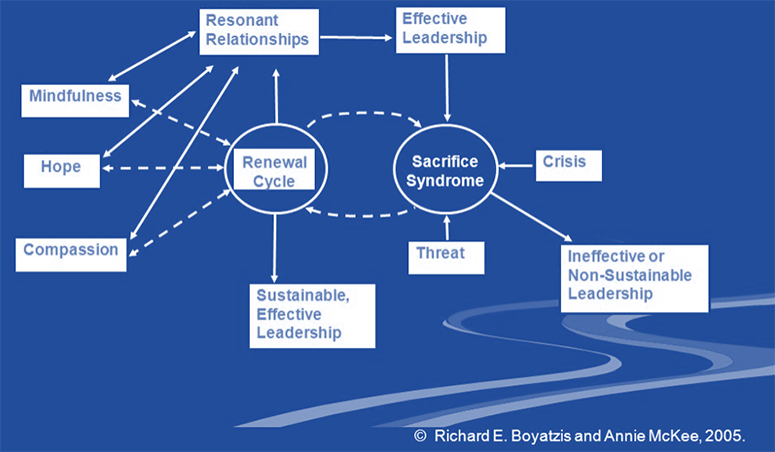
Great leaders
Research is ongoing, and it is exciting to keep a watchful eye on these advances, especially as they will inform the executive coaching profession on the most effective interventions to help leaders avoid burnout.
On the other hand, this research can also provide the scientific foundation for what we already know about great leaders, and was wisely articulated by Richard Boyatzis at the conference (and adapted by the author):
- Great leaders inspire through vision and hope.
- They spread compassion
- They are mindful: attuned to their emotions, thoughts, behaviours, body and environment
- Great leaders inspire others by creating and maintaining resonant relationships
About the Author:
Recent Articles
- Elevating Science-Based Leadership in Every Boardroom Oct-24-2022
- Narrative Coaching for Planetary Health Oct-03-2022
- Emotional Intelligence: The Key to Exceptional Leadership Jan-31-2022
- A Year in the Life of a Leadership Coach Dec-15-2021
- How to Develop Self-Knowledge and Why it Matters Aug-23-2021





